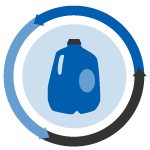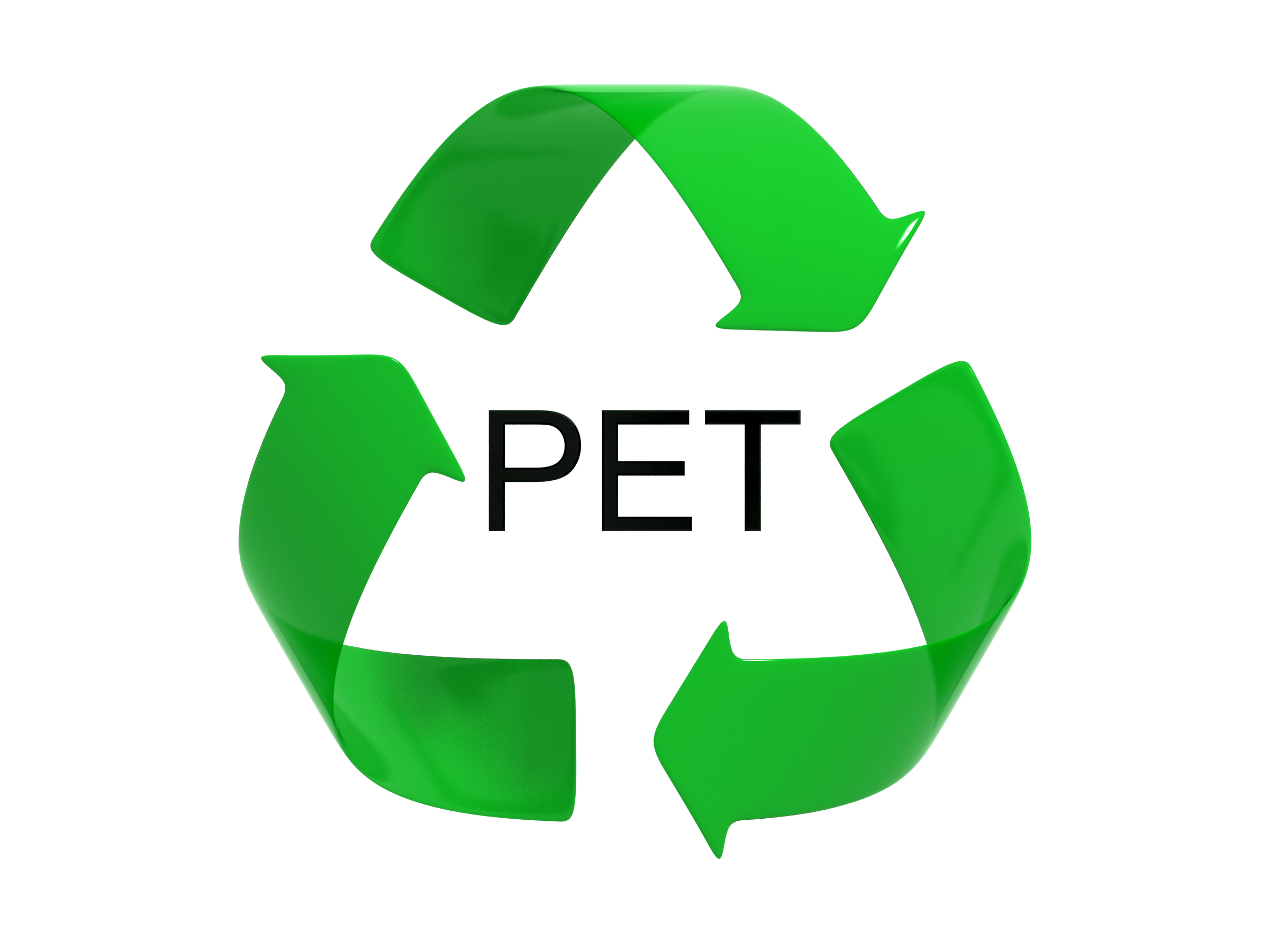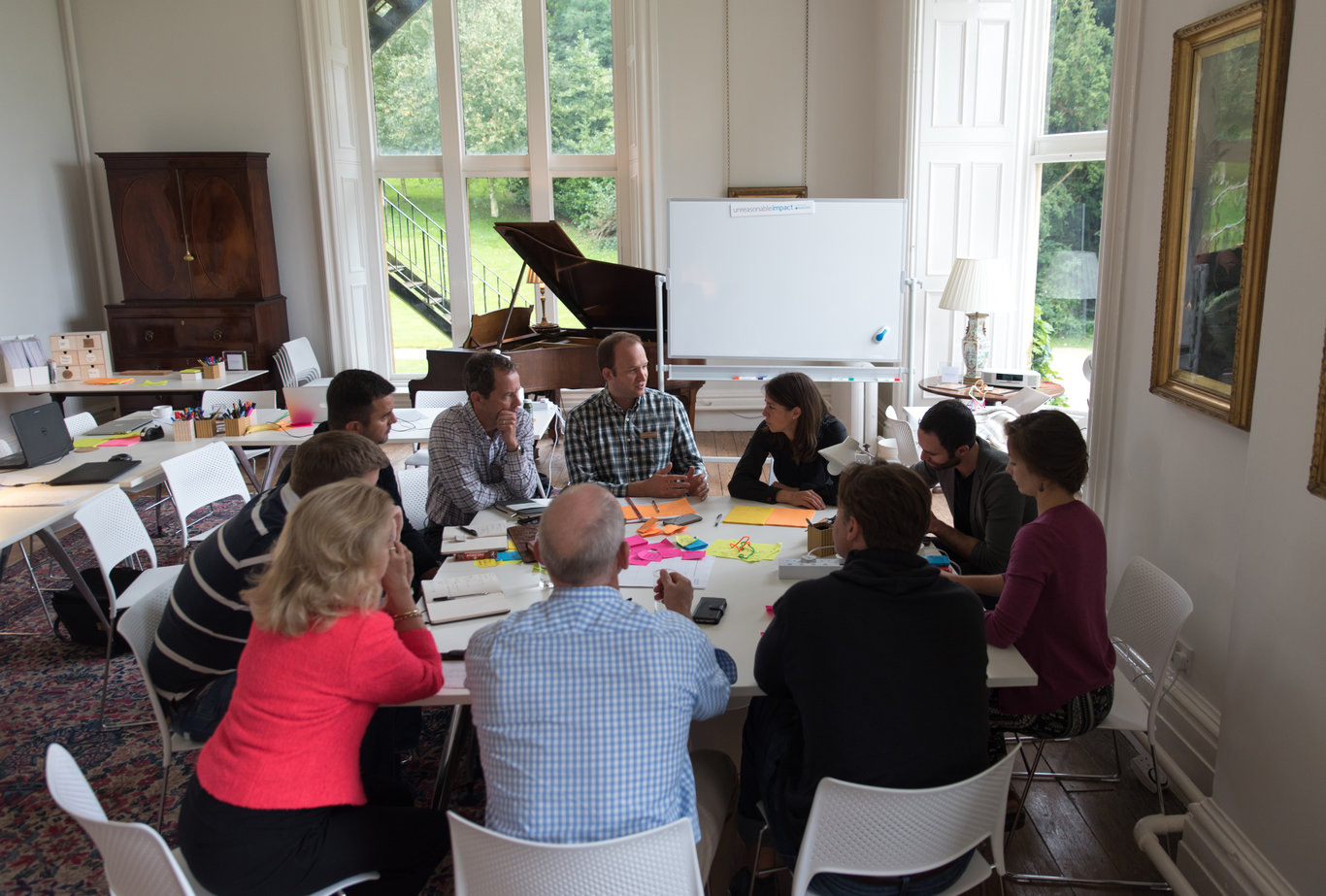Instead of separating fiber and PE, two British companies are producing a mixed PE-fiber recycled resin, and the growing potential for rPET in nonwoven fabrics is explored.

Instead of separating fiber and PE, two British companies are producing a mixed PE-fiber recycled resin, and the growing potential for rPET in nonwoven fabrics is explored.
 A startup based in Richmond, Calif. is making polyhydroxyalkanoate (PHA) plastic out of organic material. While the innovative process is in the very early stages, the company hopes it makes a major impact on plastics packaging.
A startup based in Richmond, Calif. is making polyhydroxyalkanoate (PHA) plastic out of organic material. While the innovative process is in the very early stages, the company hopes it makes a major impact on plastics packaging.
 China’s border crackdown creates a struggle for survival among legitimate recycling companies, and Arrowhead Mountain Spring Water uses more rPET.
China’s border crackdown creates a struggle for survival among legitimate recycling companies, and Arrowhead Mountain Spring Water uses more rPET.
 GM expands its bottle recycling program, and a fight is brewing among plastics stakeholders in Europe over disposable cutlery.
GM expands its bottle recycling program, and a fight is brewing among plastics stakeholders in Europe over disposable cutlery.
 Over the past two years, Coca-Cola has boosted its recycled PET production capabilities by 20 percent, opening facilities and recycling lines in nine different countries. It now uses recycled PET in 24 countries.
Over the past two years, Coca-Cola has boosted its recycled PET production capabilities by 20 percent, opening facilities and recycling lines in nine different countries. It now uses recycled PET in 24 countries.
 A New Zealand teen has a plan to pull plastic from the ocean, and a Colombian firm is turning used plastic into shelter.
A New Zealand teen has a plan to pull plastic from the ocean, and a Colombian firm is turning used plastic into shelter.
 A plastic bag ban in Texas gets overturned, and local officials in New York weigh the pros and cons of agricultural plastic.
A plastic bag ban in Texas gets overturned, and local officials in New York weigh the pros and cons of agricultural plastic.
 Metabolix, a Massachusetts company that developed a bio-based additive for recycled PVC, is scrambling financially and could be forced to scale back or shut down.
Metabolix, a Massachusetts company that developed a bio-based additive for recycled PVC, is scrambling financially and could be forced to scale back or shut down.
 An initiative funded by the European Union is working to recycle petroleum-based PET and polyurethane into bio-based plastics through the use of enzymes and bacteria.
An initiative funded by the European Union is working to recycle petroleum-based PET and polyurethane into bio-based plastics through the use of enzymes and bacteria.
 A major U.K. plastics-to-fuel company is one of 10 companies participating in Unreasonable Impact, a two-week accelerator program designed to connect entrepreneurs and investors to address key global environmental and social issues.
A major U.K. plastics-to-fuel company is one of 10 companies participating in Unreasonable Impact, a two-week accelerator program designed to connect entrepreneurs and investors to address key global environmental and social issues.
